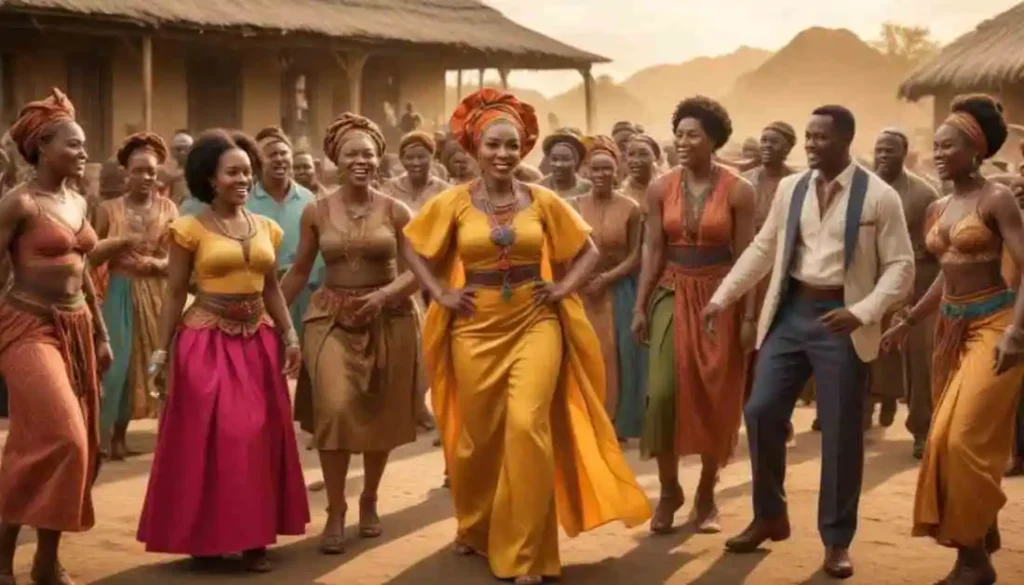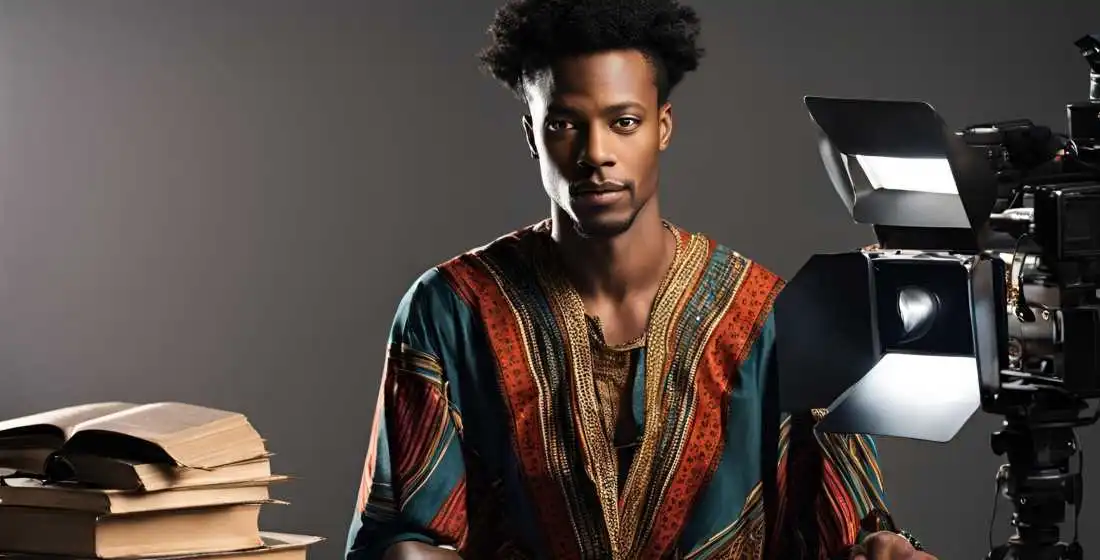
The world loves storytelling, so when a narrative leaps from the pages of a book to the big screen, many applaud!
But why do people still care about a screen adaptation after enjoying same narrative with much delight from print?
Are there drawbacks to adaptation of literary works into motion pictures?
These are the questions we seek to examine in this edition.
What is book-to-film adaptation?
A book-to-film adaptation involves re-purposing a literary publication, such as a novel or a short story, into a screenplay for a movie. Bridging the gap between literature and cinema.
Many literary classics, creative fiction titles, sci-fi stories, biographies/autobiographies, and even bestselling mafia books have been turned into box office hits! Breathing life into characters that lived purely in the imagination of readers.
A brief history of book-to-film adaptations
The tradition of adapting books into films dates back to the early 1900s. One of the earliest adaptations was Georges Méliès’s “Cinderella” (1899), based on Charles Perrault’s fairy tale.
As cinema evolved, so did the complexity and frequency of adaptations.
Examples of popular adaptations include “Gone with the Wind” (1939), based on Margaret Mitchell’s novel, and “The Wizard of Oz” (1939), inspired by L. Frank Baum’s children’s book.
These early adaptations set the stage for the book-to-film projects we see today.
Other examples of book-to-film adaptation – International
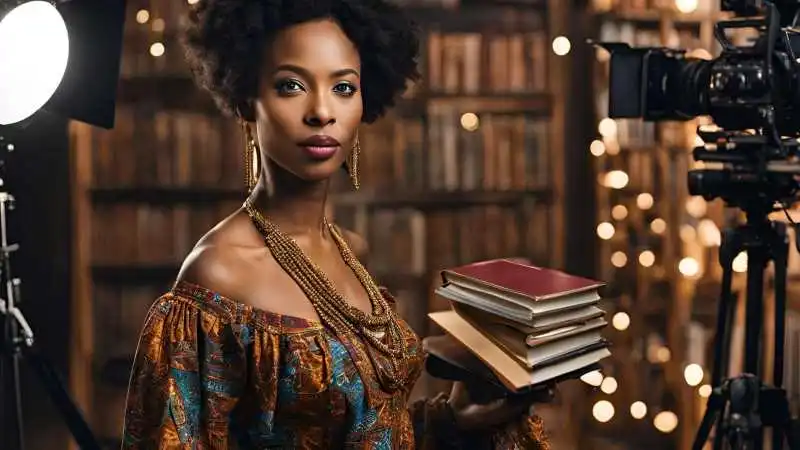
READ: How To Create A Self-Tape Audition That Gets You Your Dream Role
READ: How To Write A Winning Screenplay
READ: How To Write A Winning Screenplay
Many books have successfully made the leap to film, captivating audiences worldwide. Notable examples on the international scene includes:
The Lord of the Rings series by J.R.R. Tolkien, adapted into a blockbuster film trilogy directed by Peter Jackson.
Harry Potter series by J.K. Rowling became a global cinematic phenomenon.
The Godfather by Mario Puzo was adapted into an iconic film series directed by Francis Ford Coppola.
To Kill a Mockingbird by Harper Lee became an Oscar-winning film starring Gregory Peck.
Examples of book-to-film adaptations – Nigeria
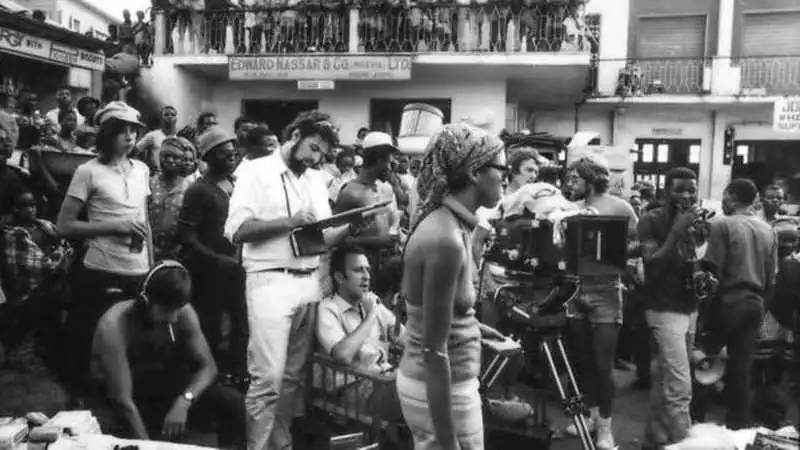
Film crew on the set of “Things Fall Apart” – Lagos – 1971
Even in the early days of Nigerian cinema (pre-Nollywood), books were adapted into films. Below are a few of them.
Kongi’s Harvest – 1970
This was the film version of a play by poet and playwright, Wole Soyinka. It was produced by Francis Oladele (Calpenny Pictures).
Things Fall Apart – 1971
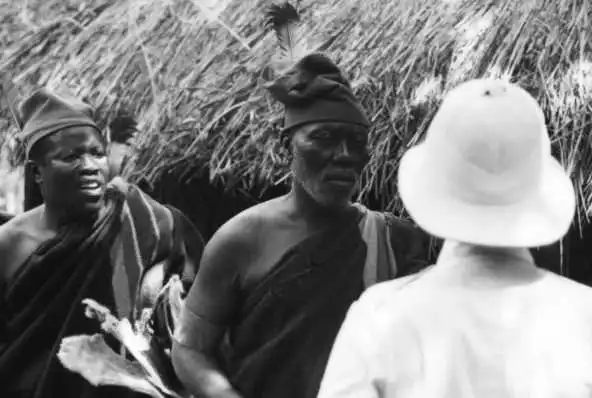
Orlando Martins as Obierika in “Things Fall Apart” – Lagos, 1971
A Novel by Chinua Achebe. The first adaption of Things Fall Apart to screen was in 1971. Written by Fern Mosk and directed by German filmmaker Hans Jurgen Pohland. With Tunde Adeniji as Assistant Director and Francis Oladele (Calpeeny Pictures) – Executive Producer.
It featured actors from across Africa, including Princess Elizabeth Toro (Ugandan Lawyer/Diplomat ), John Seeka (Gambian/Senegalese) and Orlando Martins, (Nigeria‘s first international film star), Iyabo Aboaba (now of Freedom Park, Lagos) and others.
Another adaptation of Things Fall Apart (for television) came in the Eighties with a new generation of actors including Pete Edochie, Nkem Owoh (Osuofia), and Chiwetaleagu.
Shehu Umar – 1976
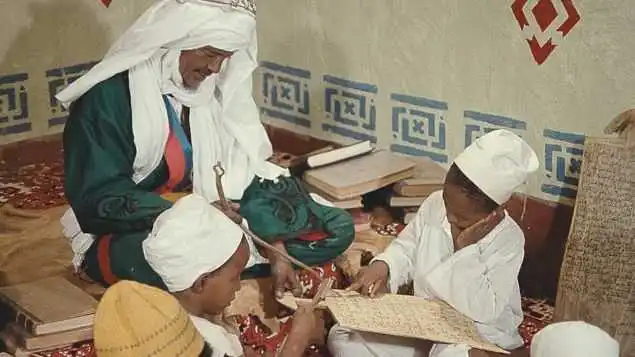
Shehu Umar – Directed by Adamu Halilu
Shehu Umar, directed by Adamu Halilu, is one of the first feature films in Hausa. It was based on a 1955 novella by Sir Abubakar Tafawa Balewa (Nigeria’s Prime Minister: 1960–1966).
‘Magana Jari Ce’ (Wisdom is an Asset)
‘Magana Jari Ce‘ is a classic Hausa novel written by Abubakar Imam. The trilogy is regarded as one of the leading works in Hausa literature.
The book was serialized for TV in the 1980s and with actors like Kasimu Yero (Uncle Gaga of the TV series Cock Crow at Dawn) and several others.
The list of books that have made the transition from page to screen continues to grow.
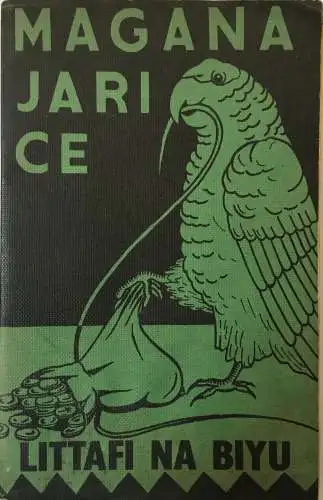
Book Two of Classic Hausa Novel – Magana Jari Ce – By Abubakar Imam
Why audiences love book-to-film adaptations
Audiences are often drawn to book-to-film adaptation because they bring familiar and beloved stories to life in a new and dynamic way.
These adaptations offer a visual and auditory experience that books cannot. Making the characters and settings real and immersive.
In addition, fans of the books enjoy seeing how filmmakers interpret and present their favorite stories.
Benefits of book-to-film adaptations
Established Fan base
Books often come with an established fan base, which can translate to a ready-made audience for the film.
Rich Source of Material
Literary works provide detailed plots, complex characters, and rich dialogue, offering a solid foundation for screenplays.
Cultural Impact
Successful adaptations can enhance the cultural significance of both the book and the film.
Drawbacks of book-to-film adaptations
However, there are drawbacks to this practice as well.
Creative Limitations
Filmmakers may face challenges in condensing complex plots and character arcs into a two-hour movie, leading to potential omissions or alterations.
Audience Expectations
Fans of the original book may have high expectations and can be critical if the film does not meet their vision.
Rights and Permissions
Securing the rights to adapt a book can be complicated and expensive.
Books I would love to see on the big screen
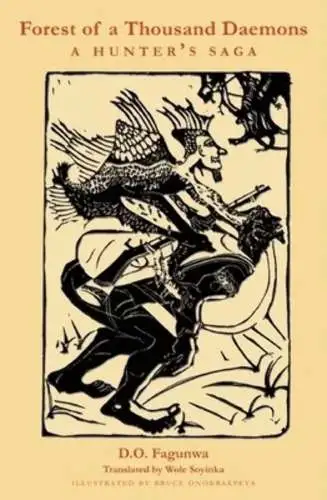
There are many books I would love to see on the big screen. However, I will share only one in this instance.
It will be exciting to see a book like “Ogboju Ode Ninu Igbo Irunmole” (1938) by D.O. Fagunwa on the big screen. This mythical, folklore, fantasy based fiction is a classic.
Written in Yoruba, It recounts the story of a hunter who journeys into the forest kingdom of metaphysical beings.
The novel was translated to English by Wole Soyinka with the title Forest Of A Thousand Daemons.
Join the conversation
So, which book would you love to see made into a movie? We want to know! Please share your thoughts!
Unearth the fascinating literary gems in our bookshelves and libraries and roadside book marts!
Let us bring them to life for the enrichment of culture and society. Share your opinions and join the discussion.




